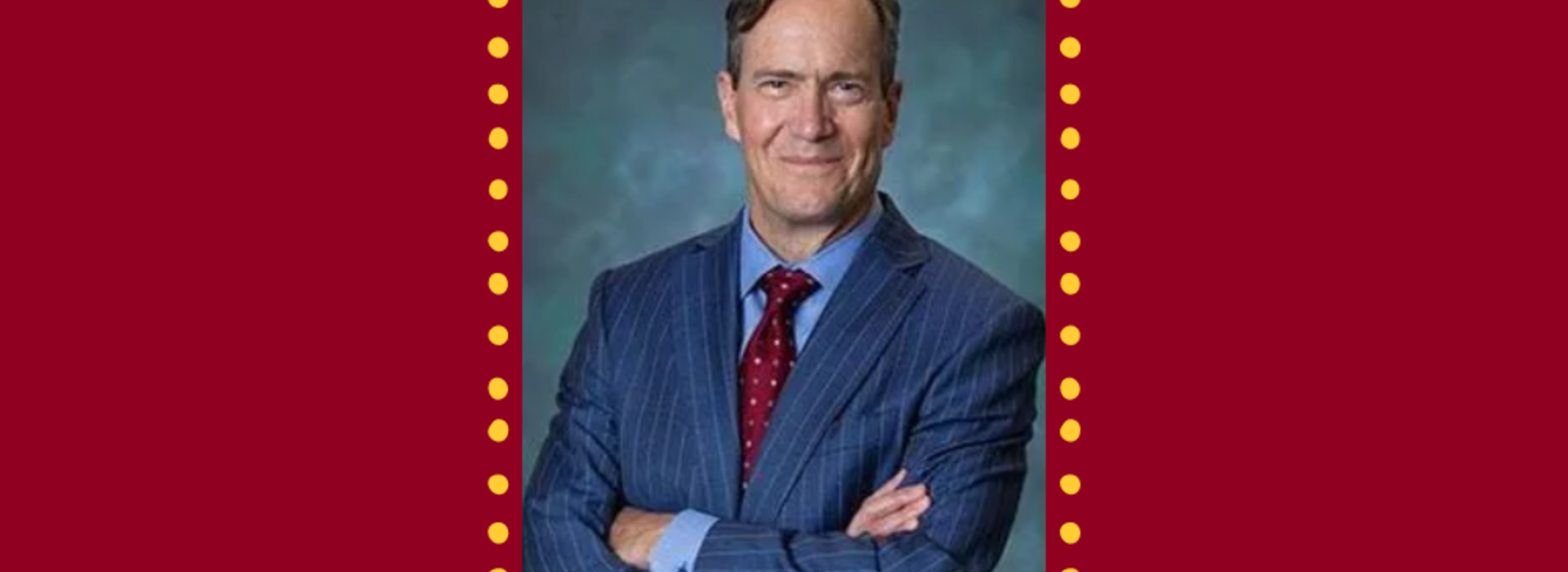
Alumni Spotlight: Dr. Mark Anderson Class of ‘87 and ‘89
A distinguished physician and scholar, meet Mark Anderson. Dr. Anderson earned his PhD in physiology in 1987 and MD in 1989 from the University of Minnesota Medical School. He is a leading expert on the mechanisms of cardiac arrhythmias and heart failure, and his research and medical leadership have earned far-reaching recognition.
Dr. Anderson started a new leadership position at the University of Chicago in October 2022, where he serves as Executive Vice President for Medical Affairs, Dean of the Division of Biological Sciences and Dean of the Pritzker School of Medicine.
“I love academic medicine,” says Dr. Anderson. “The University of Chicago provides a unique opportunity to support interdisciplinary and impactful programs to grow knowledge and train the next generation of scientists and clinicians in a beautiful, coherent campus.”
Dr. Anderson had strong influences in his family, with his father and grandparents being physicians. However, when Dr. Anderson began his education at the U of M, he decided to study political science and history.
“In the end, I was fascinated by science and particularly biology. And although I didn’t initially think you could do both, I just thought medicine was a way to have this human narrative to do good and see how science could play out for the benefit of people,” explains Dr. Anderson.
At the time when Dr. Anderson was at U of M, there were no joint degree programs. However, Albert Sullivan, the dean of students at the time, entertained his request to see if Dr. Anderson could do both and deferred his medical school entry while he tried graduate school first.
“[Albert Sullivan] asked me, ‘Could you be happy as a PhD?’ and I said, ‘Honestly, I have no idea.’ And he said, ‘That’s a good answer!’ So I went to graduate school and was fascinated by it,” Dr. Anderson recalls.
Dr. Anderson feels grateful for the great mentors he had at the U of M, including I.J. Fox and Sue K. Donaldson. Fox was a pioneer in studies of cardiac output and neural control of the circulation. He passed away from cancer in the midst of Dr. Anderson’s thesis project.
Eventually, Donaldson, a nurse biophysicist, mentored him through his project. In 1984, she was named the first endowed chair in nursing. Her lab did muscle physiology, and she understood exactly what Dr. Anderson’s thesis was about and became his career advisor.
“I had lots of really great professors and opportunities for clinical rotations that, in the end, gave me a sense that I should pursue internal medicine. And because of my PhD, [I decided] pretty seriously that I would pursue something that had to do with the heart,” he says.
Dr. Anderson attributes his success throughout his career to the skills and education he gained at the U of M. “The University of Minnesota serves an important role for the state and the biomedical community at large in the whole country and beyond. I think that this mixture of motives and purposes, from providing rural physicians to urban and public health and research, will save people worldwide. That’s a pretty big range of ambition, and I think Minnesota is a place where that can happen.”
Dr. Anderson offers advice to the next generation of physician-scientists.
-
This is a fabulous time to be a physician-scientist because the ability to gather large amounts of biological data is unprecedented. And it will only grow. On the other hand, the power of computing and the ability to make sense of large amounts of data has arrived and will continue to develop. Many researchers, businesses and governments are interested in biological data sets, which makes sense because they've proven to be quite trackable. You can make sense of them and develop insights that, through experimentation, can lead to a profound understanding of the biology of health and disease and new treatments.
-
Although the timing is excellent, as a physician-scientist, you must realize you’ll be a little bit in the minority. Many different kinds of people will tell you, “You can’t do that,” or be confused and maybe initially skeptical. The important thing to consider is where this advice comes from and that everyone evolves into their niches. Don’t lose heart. Train up so that you can follow your most exciting and rewarding successes.
-
Lastly, be patient. Enjoy where you’re at. It’s about the journey, not only about the final goal.